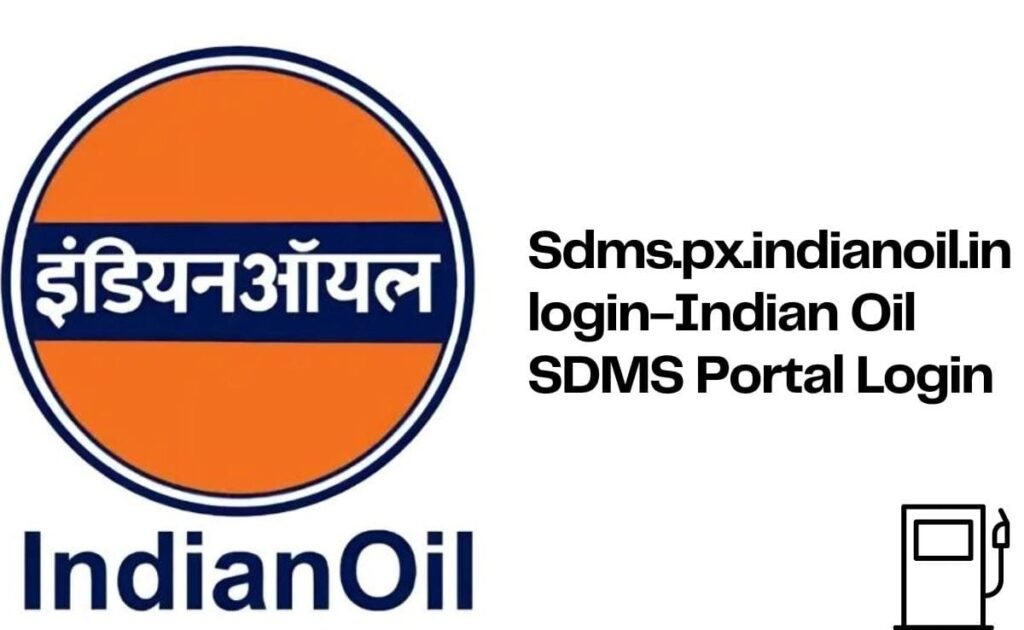Unexpected medical expenses can be a significant financial burden, leaving individuals and families struggling to make ends meet. Whether it’s a sudden illness, accident, or emergency surgery, these unforeseen costs can quickly accumulate, leading to overwhelming debt. This financial strain is stressful and can have long-term consequences on one’s economic health.
Fortunately, the IRS offers debt forgiveness programs that can provide relief in such challenging times. Understanding how these programs work and how to access them can be a crucial step in managing unexpected medical expenses. The irs debt forgiveness form is the first step in applying for these programs and can be a lifeline for those in need.
Understanding Unexpected Medical Expenses
One key reason a person can experience an adverse shock is when he or she incurs a large amount of medical expenses due to things such as an emergency hospital admission, surgery, a long-term illness, or even a toothache.
These costs are generally high, and it becomes easy to exhaust all the savings, leaving the individual in a wrong debt position. The consequences of such expenditures are not limited to monetary aspects but have implications on an individual’s overall welfare, including their psychological well-being.
In regards to these expenses, many people are forced to use credit cards or borrow money, leading to such expenses being borrowed at very high interest. This keeps individuals in a cycle of financial worry that is difficult to escape. Furthermore, insurance can be inadequate where it only partly reimburses medical bills, thus burdening the patients to pay for the rest. This is even more difficult for those with a large emergency fund or someone to fall back on.
The Role of IRS Debt Forgiveness Programs
The IRS has various types of debt forgiveness to assist taxpayers who despair of their tax debt, including that arising from health shocks. This allows taxpayers to opt to have their tax liabilities reduced or even eliminated, which is highly beneficial.
Currently, a variety of programs can be taken, with the most common one being the IRS Offer in Compromise (OIC). Also referred to as an Offer in Compromise, this program enables a person to pay less than the amount he owes in taxes. The IRS considers the necessary factors when reviewing an OIC, including income, expenses, equity in the taxpayer’s assets, and the taxpayer’s ability to pay. This program could be of great help, especially to those facing the costs of many medical bills they never expected to pay.
Another status is the IRS Currently Not Collectible or CNC status. In cases where a person is in a position where he or she cannot afford to pay the amount owed in taxes, the IRS has the discretion to suspend collections if the person can prove that paying the tax debt will put him or her in undue stress. Though this does not wipe away the debt, it offers some form of reprieve to individuals struggling to pay their medical bills by giving them time to attend to the issue without worrying about the tax agencies coming for their share.
Applying for IRS Debt Forgiveness
Though applying for an IRS debt forgiveness can be arduous, it is one of the most critical options for those burdened with an enormous amount of tax liabilities. The first one is to fill in the irs debt forgiveness form, which is quite comprehensive as it needs information about the taxpayer’s income, expenses, and assets. It is essential to gather as much information as possible and to present it most accurately and ultimately as possible to avoid creating a skewed impression in the eyes of the IRS.
One should hire a tax advisor when requesting the discharge of debts because getting help from a tax expert is usually advisable. These professionals can provide information on the application process, assist in preparing documents, and handle the negotiations between the taxpayer and the IRS on their behalf. Their assistance can enhance the probability of success in the application and bring much-needed money relief.
Many might benefit from IRS debt relief, enough to make it a very useful proposition for those who meet the program’s requirements. Eradicating or minimizing tax liability helps to ease some of the burden and allows people to redirect their energies to health and well-being. Further, paying off tax liabilities would enhance one’s credit rating and general financial status, which has more benefits in the long run.
Conclusion
In the following discussion, it is clear that coping with the unpredictability of medical expenditures is a demanding and stressful task. These financial pressures can be felt in all spheres of an individual’s life, from day-to-day expenses to overall economic well-being. However, some IRS debt forgiveness programs provide a much better way of handling tax debt issues arising from medical expenses. With this, one can understand these programs and the need to apply to get relief and gain control over their financial status.


